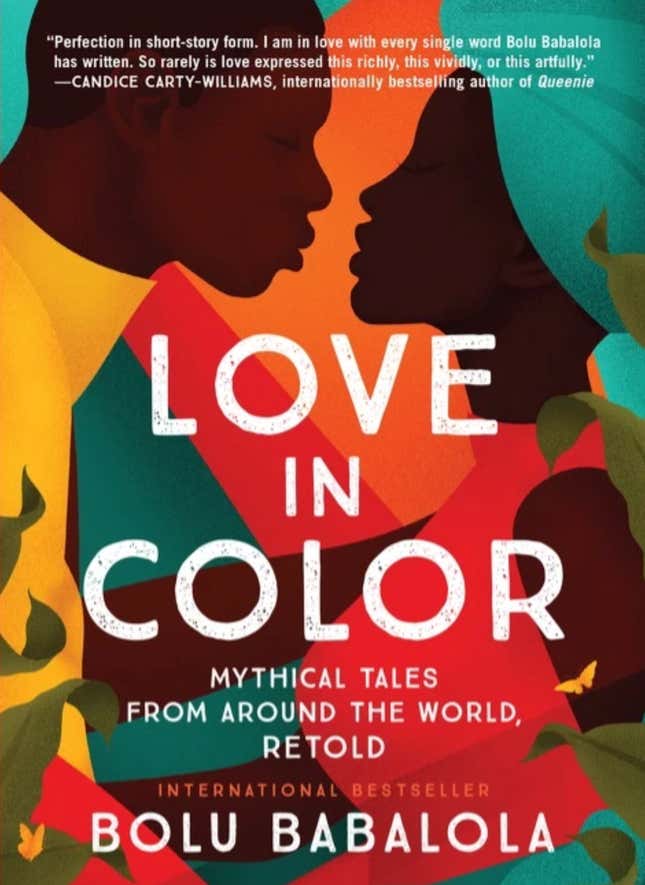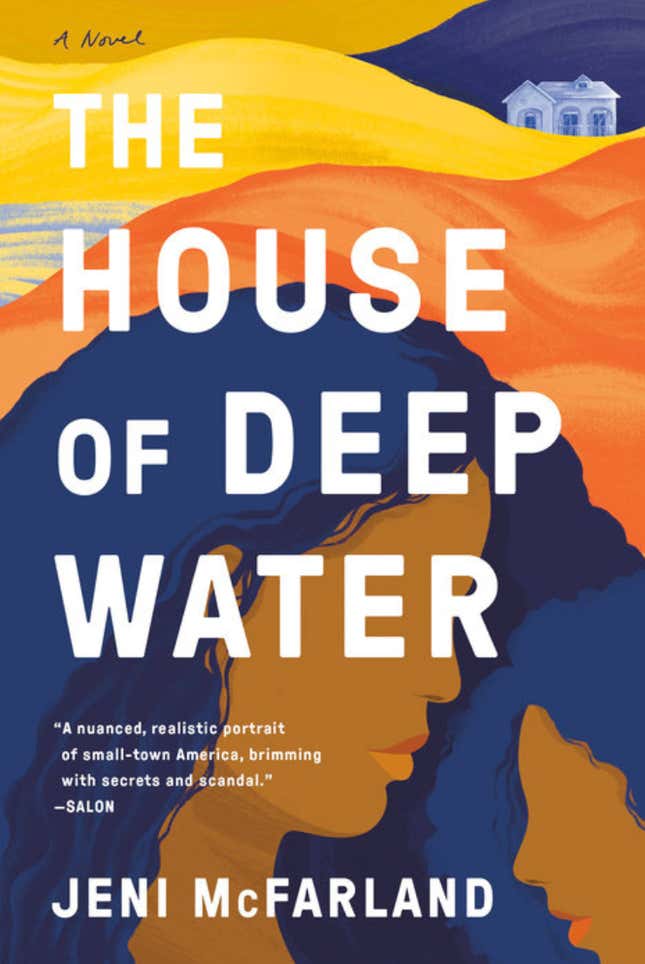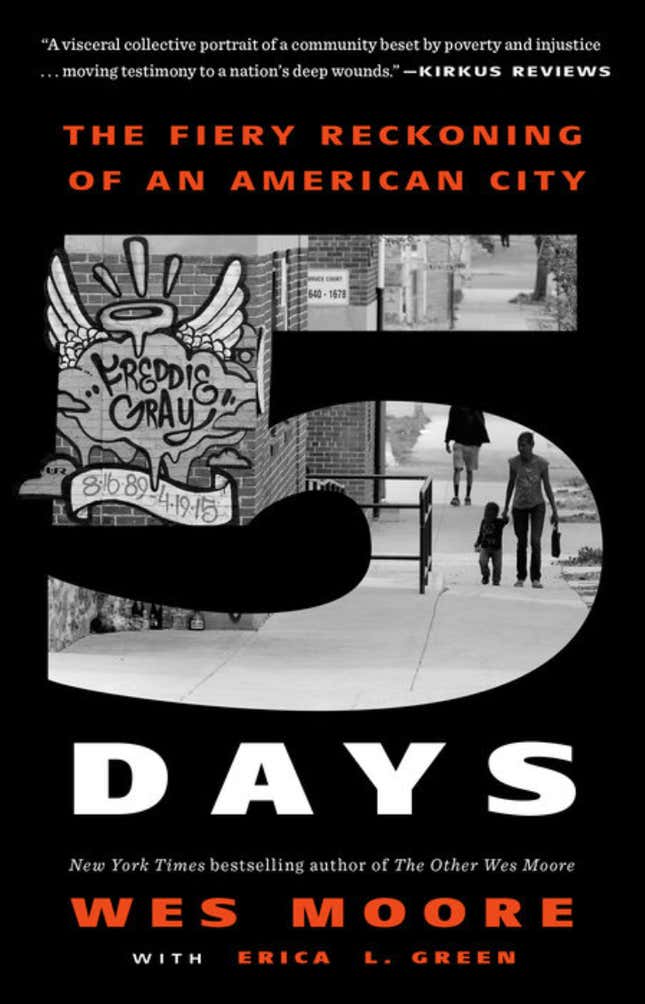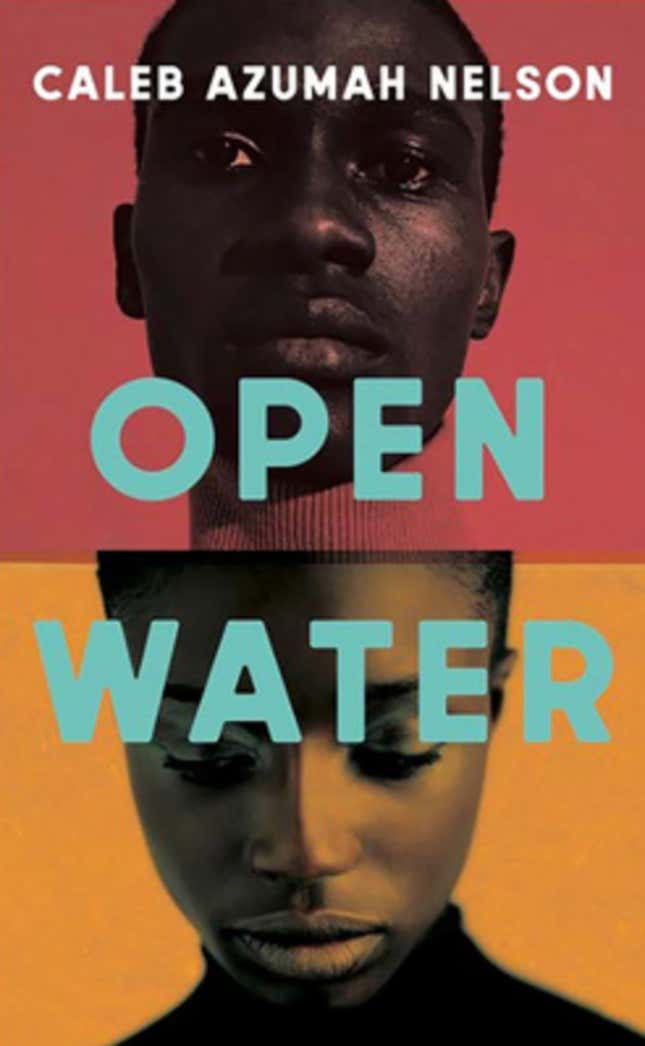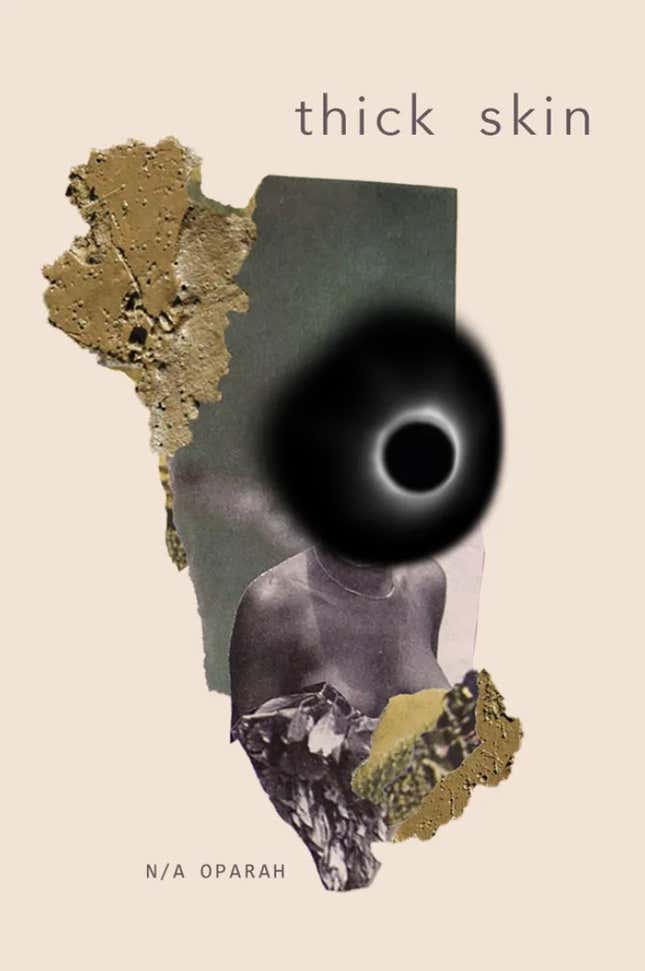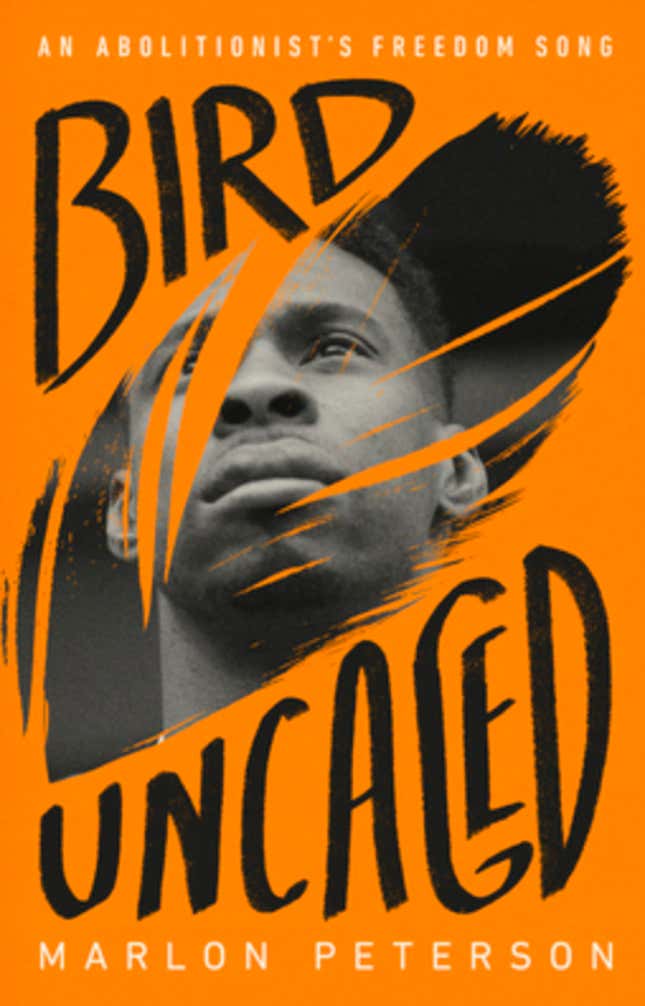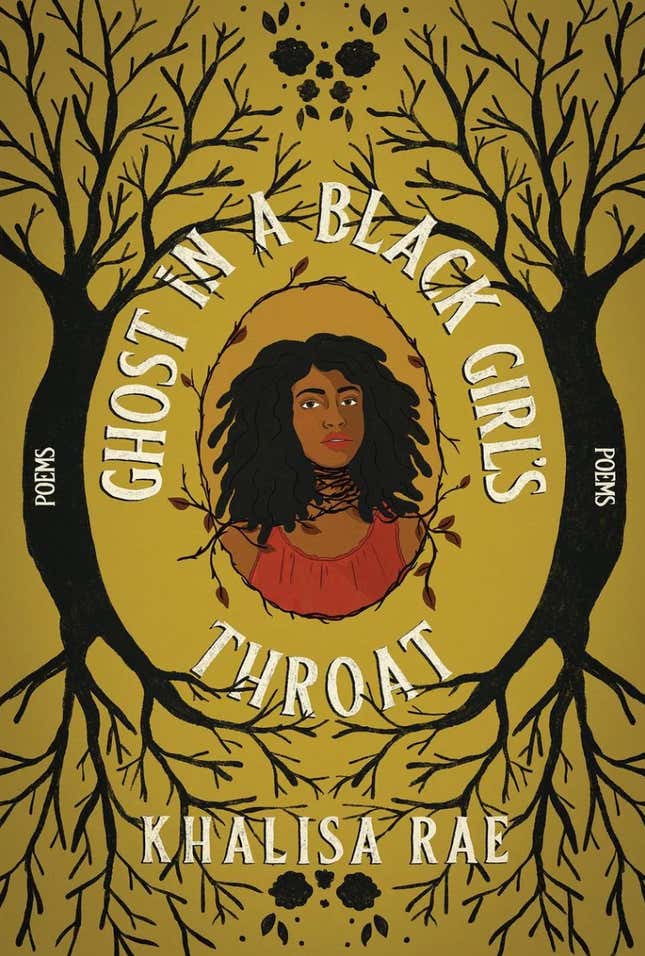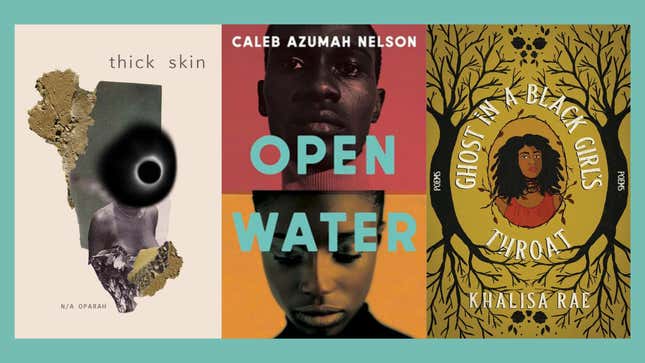
How does trauma affect the way we live our day-to-day lives? Is inherited or intergenerational trauma more significant than a trauma—or traumas—experienced firsthand? There are perspectives and arguments to consider for each side: Dealing with inherited trauma is multilayered, convening in a complex web of emotions. Being exposed to or experiencing an immense trauma can be just as complex, if not more.
There are also many ways to deal with trauma, but committing it to paper and releasing it can be cathartic in more ways than one. No doubt that’s why we see so much literature that explores and examines trauma in both the fiction and nonfiction genres; it can function as an escape from the past and a point of empathy.
Writers Wes Moore, Khalisa Rae and Marlon Peterson each look at trauma through the lens of their personal experiences. In the paperback release of Wes Moore’s Five Days: The Fiery Reckoning of an American City, he shines a light on the 2015 uprising in Baltimore in the wake of Freddie Gray’s death. Author and prison abolitionist Marlon Peterson picks apart his time in prison in the aftermath of a robbery gone wrong and his work to change the narrative around the prison system in his memoir, Bird Uncaged: An Abolitionists’s Freedom Song. The way we look at inherited trauma is exposed in Khalisa Rae’s debut poetry collection, Ghost in a Black Girl’s Throat, as she reckons with living in a haunted southern town that not only tolerates racism but encourages it.
But as always, literature is a place where love can grow and thrive. Bolu Babalola reimagines the most beautiful tales of love and romance explored in folklore and mythology in Love in Color: Mythical Tales from Around the World, Retold, and Caleb Azumah Nelson pulls together love, fear, artistry and tenderness in his debut novel, Open Water.
Trauma—and love—are things Black people grapple with on a daily basis This week’s literary releases look at how they impact and intertwine.


